U.S. officials see waste in billions sent to Pakistan
Washington has criticized Pakistan for misuse of billions of dollars worth of aid given to fight terrorism.
Monday, 24.12.2007.
15:34

Washington has criticized Pakistan for misuse of billions of dollars worth of aid given to fight terrorism. After the United States has spent more than USD 5bn in a largely failed effort to bolster the Pakistani military effort against militants from Al Qaeda and the Taliban, some American officials now acknowledge that there were too few controls over how the money was spent, and that the strategy to improve the Pakistani military needs to be completely revamped. U.S. officials see waste in billions sent to Pakistan In interviews in Islamabad and Washington, Bush administration and military officials said they believed that much of the American money was not making its way to frontline Pakistani units. Money has been diverted to help finance weapons systems designed to counter India, not Al Qaeda or the Taliban, the officials said, adding that the United States has paid tens of millions of dollars in inflated Pakistani reimbursement claims for fuel, ammunition and other costs. "I personally believe there is exaggeration and inflation," said a senior American military official who has reviewed the program, referring to Pakistani requests for reimbursement. "Then, I point back to the United States and say we didn't have to give them money this way." Pakistani officials say they are incensed at what they see as American ingratitude for Pakistani counterterrorism efforts that have left about 1,000 Pakistani soldiers and police officers dead. They deny any overcharging has occurred. The USD 5bn was provided through a program known as Coalition Support Funds, which reimburses Pakistan for conducting military operations to fight terrorism. Under a separate program, Pakistan receives USD 300mn per year in traditional American military financing that pays for equipment and training. Civilian opponents of President Pervez Musharraf say he used the reimbursements to prop up his government. One European diplomat in Islamabad said the United States should have been more cautious with its aid. "I wonder if the Americans have not been taken for a ride," said the diplomat, who spoke on condition of anonymity. Lawmakers in Washington voted Thursday to put restrictions on the USD 300mn in military financing, and withheld USD 50mn of that money until Secretary of State Condoleezza Rice certifies that Islamabad is restoring democratic rights since Musharraf lifted a state of emergency on Dec. 16. The measure had little effect on the far larger Coalition Support Funds reimbursements. While it was a modest first step, any new conditions in aid could have a major effect on relations between the United States and Pakistan. Pakistan's military relies on Washington for roughly a quarter of its entire USD 4bn budget. In interviews, American and Pakistani officials acknowledged that they had never agreed on the strategic goals that should drive how the money was spent, or how the Pakistanis would prove that they were performing up to American expectations. After Six Years, a Plan Early last week, six years after President George W. Bush first began pouring billions of dollars into Pakistan's military after the attacks of September 11, 2001, Pentagon completed a review that produced a classified plan to help the Pakistani military build an effective counterinsurgency force. The plan, which now goes to the United States Embassy in Islamabad to carry out, seeks to focus American military aid toward specific equipment and training for Pakistani forces operating in the Federally Administered Tribal Areas where Qaeda leaders and local militants hold sway. For their part, Pakistani officials angrily accused the United States of refusing to sell Pakistan the advanced helicopters, reconnaissance aircraft, radios, and night vision equipment it needs. "There have been many aspects of equipment that we've been keen on getting," said Major General Waheed Arshad, the Pakistani military's chief spokesman. "There have been many delays which have hampered this war against extremists." United States military officials said the American military was so overstretched in Iraq and Afghanistan that it had no advanced helicopters to give to Pakistan. American law also restricts the export of sophisticated drones, night-vision goggles and other equipment for security reasons. There is at least one area of agreement. Both sides say the reimbursements have failed substantially to increase the ability of Pakistani forces to mount comprehensive counterinsurgency operations. Today, with several billion more in aid scheduled for the coming years, American officials estimate it will take at least three to five years to train and equip large numbers of army and Frontier Corps units, a paramilitary force now battling militants. "I don't forecast any noticeable impact," a Defense Department official said. "It's pretty bleak." The program's failures appear to be a sweeping setback for the administration as it approaches its final year in office. American intelligence officials believe Bush is likely to leave office in January 2009 with the Qaeda leader Osama bin Laden still at large. "We haven't had a good lead on his exact whereabouts in two years," another senior American military official lamented recently.
U.S. officials see waste in billions sent to Pakistan
In interviews in Islamabad and Washington, Bush administration and military officials said they believed that much of the American money was not making its way to frontline Pakistani units. Money has been diverted to help finance weapons systems designed to counter India, not Al Qaeda or the Taliban, the officials said, adding that the United States has paid tens of millions of dollars in inflated Pakistani reimbursement claims for fuel, ammunition and other costs."I personally believe there is exaggeration and inflation," said a senior American military official who has reviewed the program, referring to Pakistani requests for reimbursement. "Then, I point back to the United States and say we didn't have to give them money this way."
Pakistani officials say they are incensed at what they see as American ingratitude for Pakistani counterterrorism efforts that have left about 1,000 Pakistani soldiers and police officers dead. They deny any overcharging has occurred.
The USD 5bn was provided through a program known as Coalition Support Funds, which reimburses Pakistan for conducting military operations to fight terrorism. Under a separate program, Pakistan receives USD 300mn per year in traditional American military financing that pays for equipment and training.
Civilian opponents of President Pervez Musharraf say he used the reimbursements to prop up his government. One European diplomat in Islamabad said the United States should have been more cautious with its aid.
"I wonder if the Americans have not been taken for a ride," said the diplomat, who spoke on condition of anonymity.
Lawmakers in Washington voted Thursday to put restrictions on the USD 300mn in military financing, and withheld USD 50mn of that money until Secretary of State Condoleezza Rice certifies that Islamabad is restoring democratic rights since Musharraf lifted a state of emergency on Dec. 16. The measure had little effect on the far larger Coalition Support Funds reimbursements.
While it was a modest first step, any new conditions in aid could have a major effect on relations between the United States and Pakistan. Pakistan's military relies on Washington for roughly a quarter of its entire USD 4bn budget.
In interviews, American and Pakistani officials acknowledged that they had never agreed on the strategic goals that should drive how the money was spent, or how the Pakistanis would prove that they were performing up to American expectations.
After Six Years, a Plan
Early last week, six years after President George W. Bush first began pouring billions of dollars into Pakistan's military after the attacks of September 11, 2001, Pentagon completed a review that produced a classified plan to help the Pakistani military build an effective counterinsurgency force.The plan, which now goes to the United States Embassy in Islamabad to carry out, seeks to focus American military aid toward specific equipment and training for Pakistani forces operating in the Federally Administered Tribal Areas where Qaeda leaders and local militants hold sway.
For their part, Pakistani officials angrily accused the United States of refusing to sell Pakistan the advanced helicopters, reconnaissance aircraft, radios, and night vision equipment it needs.
"There have been many aspects of equipment that we've been keen on getting," said Major General Waheed Arshad, the Pakistani military's chief spokesman. "There have been many delays which have hampered this war against extremists."
United States military officials said the American military was so overstretched in Iraq and Afghanistan that it had no advanced helicopters to give to Pakistan. American law also restricts the export of sophisticated drones, night-vision goggles and other equipment for security reasons.
There is at least one area of agreement. Both sides say the reimbursements have failed substantially to increase the ability of Pakistani forces to mount comprehensive counterinsurgency operations.
Today, with several billion more in aid scheduled for the coming years, American officials estimate it will take at least three to five years to train and equip large numbers of army and Frontier Corps units, a paramilitary force now battling militants.
"I don't forecast any noticeable impact," a Defense Department official said. "It's pretty bleak."
The program's failures appear to be a sweeping setback for the administration as it approaches its final year in office. American intelligence officials believe Bush is likely to leave office in January 2009 with the Qaeda leader Osama bin Laden still at large.
"We haven't had a good lead on his exact whereabouts in two years," another senior American military official lamented recently.














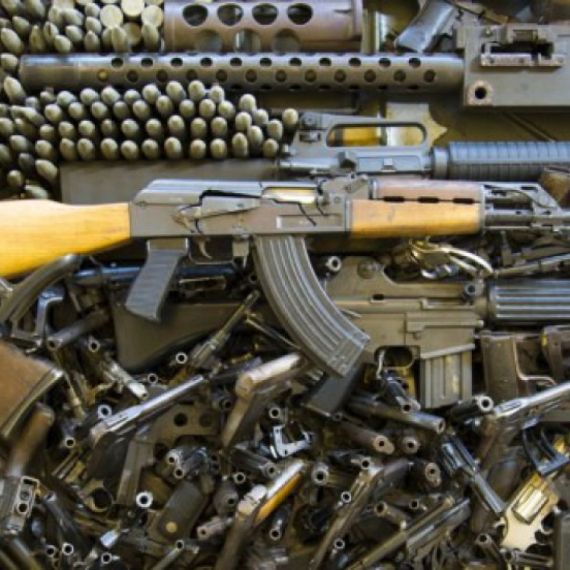



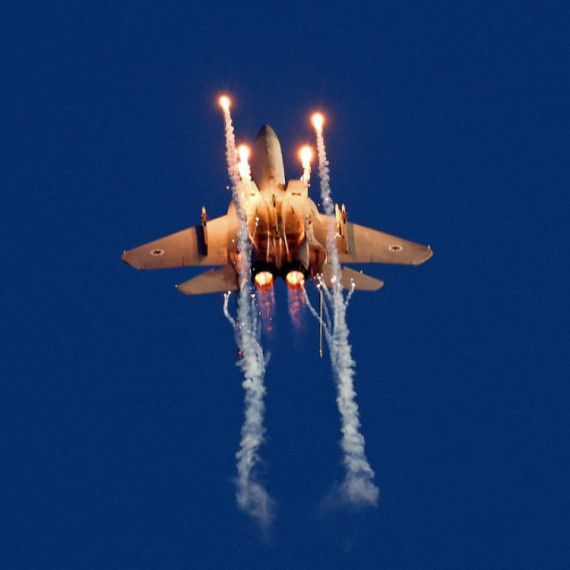

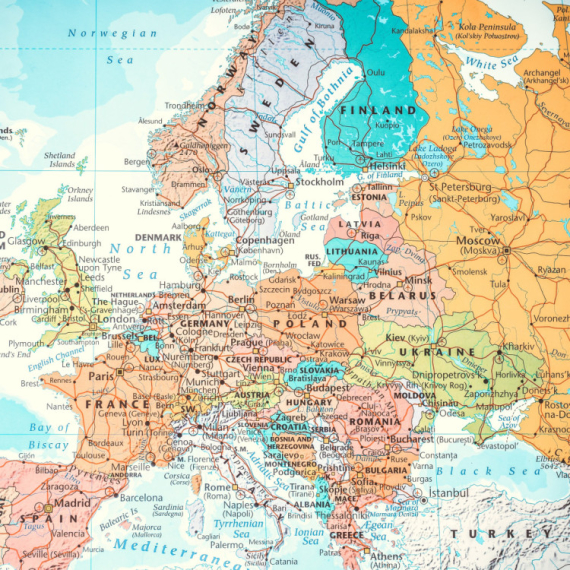
















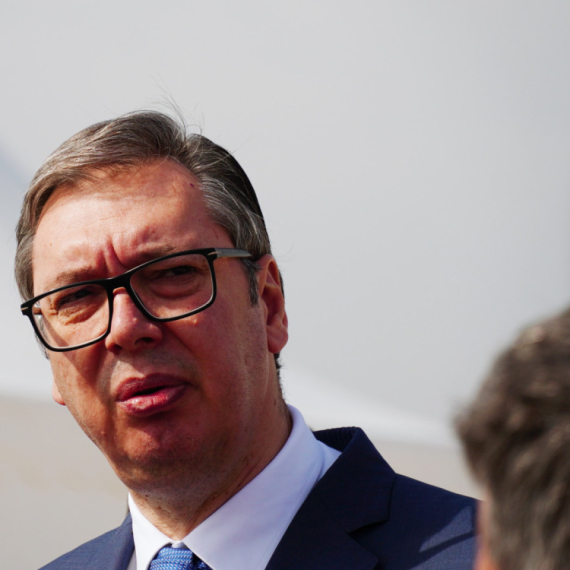















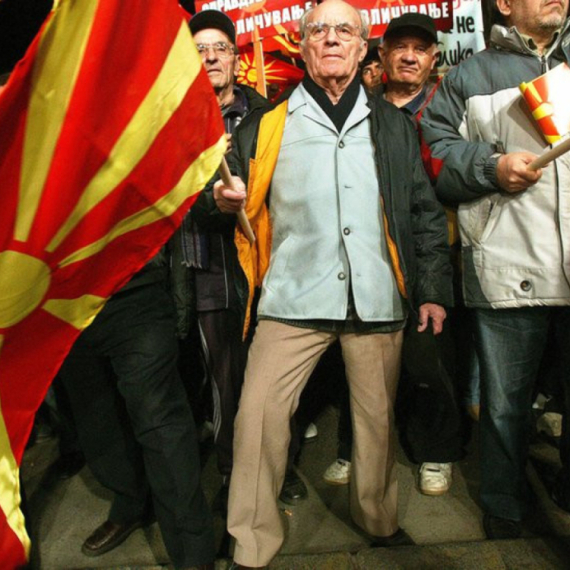

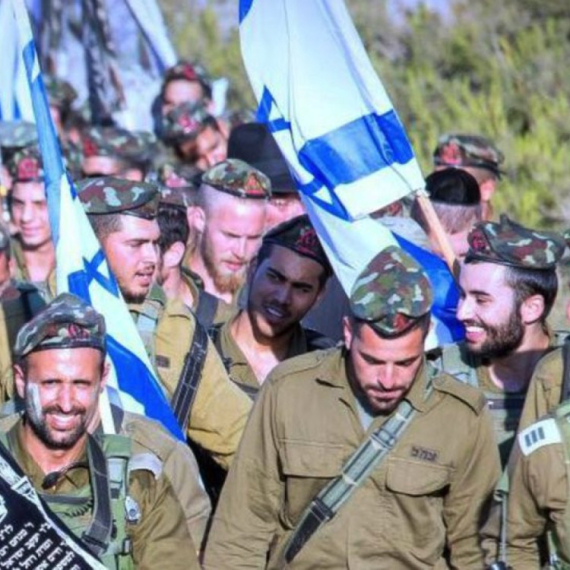


Komentari 2
Pogledaj komentare